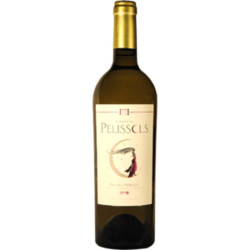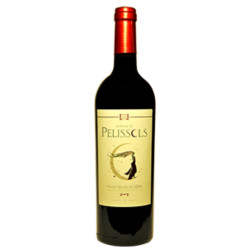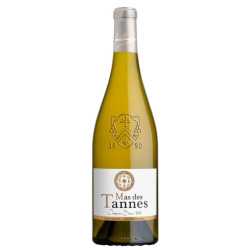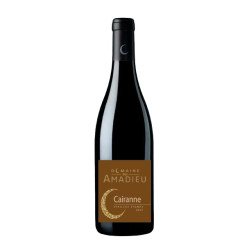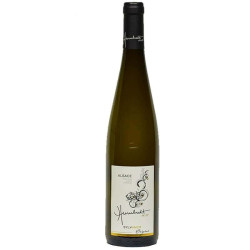Free delivery on purchases of €150 or more per winegrower in France and €250 in Europe (excluding United Kingdom)
Free delivery on purchases of €150 or more per winegrower in France and €250 in Europe (excluding United Kingdom)
-
- Great Offer
-
Our wines
-
-
By colors
-
All the wines
-
-
-
All Regions
-
-
-
-
Our organic & natural wines
-
-
Our Champagnes & Spirits
-
-
All Champagnes
-
-
Spirits
-
All the spirits
-
-
-
Our winemakers
-
-
-
winemakers
-
-
-
Our advice
-
-
Find your wine
-
-
-
- Our commitment !
-
- Great Offer
-
Our wines
-
-
By colors
-
All the wines
-
-
-
All Regions
-
-
-
-
Our organic & natural wines
-
-
Our Champagnes & Spirits
-
-
All Champagnes
-
-
Spirits
-
All the spirits
-
-
-
Our winemakers
-
-
-
winemakers
-
-
-
Our advice
-
-
Find your wine
-
-
-
- Our commitment !
Unbeatable !
ARE NATURAL WINES WINES FOR LAYING DOWN?

Understanding Natural Wines and Their Aging Potential
What Are Natural Wines?
Natural wines, also known as “nature” wines, are made without added products and therefore contain no artificial yeasts, preservatives, acidity stabilizers, or other additives.
These additives have been identified and used over many centuries of wine history to enhance human control over wine production, ensuring quality and quantity. The trend toward natural wines, driven by growing concerns about the impact of these additives on health and the environment, aims to produce the "purest" product possible.
Wines produced using this method require more attention from both the winemaker and the consumer. More "pure," they can be more fragile and spirited, necessitating careful storage conditions.
What Factors Determine a Wine’s Aging Potential?
The good news is that while some additives help ensure better stability, they do not determine a wine’s aging potential.
A wine—whether natural, organic, vegan, biodynamic, or conventional—will be suitable for aging if it has two key criteria:
-
High Acidity: This ensures the preservation of the wine's aromatic framework over the years.
-
For Red Wines: A robust tannic structure. This guarantees the wine’s material will endure over the years. Tannins will also “mellow” over time, contributing to the velvety texture of well-aged wines.
-
For White Wines: The same material is necessary, either through a high residual sugar level (e.g., Sauternes) or a grape variety rich in substance (e.g., Riesling, Chenin Blanc, Sauvignon Blanc).
Tannins, acidity, sugar levels, and grape variety all play a role in a wine’s preservation. Thus, a wine’s evolution is unique to each bottle, and some wines age better than others. Nevertheless, a natural wine can possess these characteristics regardless of its production method.
Can Natural Wine Age for Several Years?
As noted, the distinctiveness of natural wines lies in their increased "instability." To age or improve a natural wine, one must be vigilant about the necessary storage conditions.
Necessary Storage Conditions for Natural Wine
The essential criteria for storing a wine are:
-
Temperature: It should be stable and at an appropriate level (average 12 degrees Celsius, though this may vary slightly depending on the wine type).
-
Light: Bottles should be protected from light to prevent chemical changes.
-
Humidity: It should be sufficient and stable to ensure the longevity of the cork.
-
Odors: They can subtly enter through the cork and interact with the wine.
-
Vibrations: They can stir up sediments in the wine and alter its taste properties.
Additives, by stabilizing the wine, make a conventional bottle more tolerant of slight or temporary deviations from these conditions. A natural wine, being less robust, requires much stricter adherence to these storage conditions.
How Long Can You Keep a Natural Wine After Opening?
Once opened, a wine interacts with oxygen and is also exposed to temperature changes if served at a different temperature from its storage conditions.
This interaction activates and accelerates many chemical effects in the wine, particularly oxidation, which can rapidly deteriorate the wine’s taste after opening.
A natural wine, once opened, rarely lasts more than three days.
Tips for Prolonging the Preservation of Natural Wines
To extend their preservation, you can limit the chemical reactions that spoil their taste:
-
Oxygen Interaction: Use a specific system that replaces the wine in the bottle with CO₂, or at minimum, use a stopper to reseal the bottle between servings to minimize interactions.
-
Temperature: Keep the bottle at a cooler temperature than necessary (e.g., in the refrigerator) since cold slows down chemical reactions.
Our nuggets
Related articles
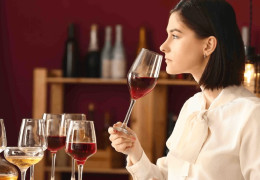
WHAT IS THE DIFFERENCE BETWEEN AN OENOLOGIST AND A SOMMELIER ?
From the vine to the glass, wine involves many different professions and pro...
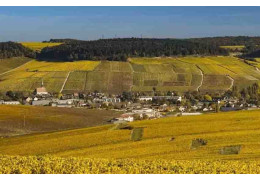
WHAT DO YOU NEED TO KNOW ABOUT CHABLIS WINES?
Located in Burgundy, the vines that make up the Chablis AOC produce dry whit...
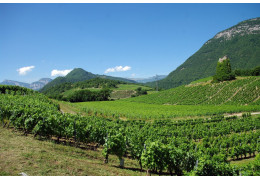
WHAT DO YOU NEED TO KNOW ABOUT SAVOIE WINES?
Everything you need to know about Savoie wines: their characteristics, grape...
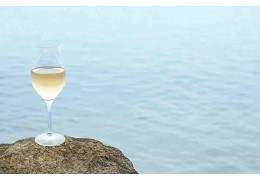
WHAT IS A MINERAL WINE?
Minerality is a relatively recent term in the vocabulary of wine, and a rath...
